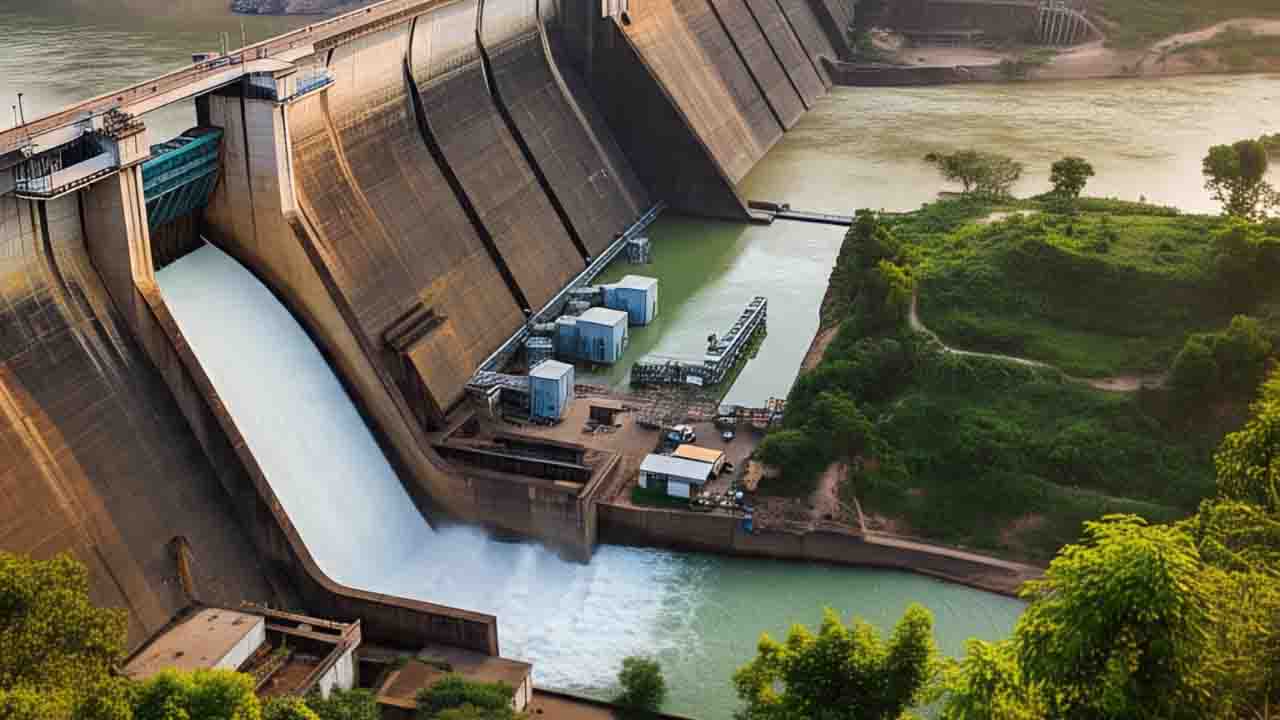
Resilienceapac – Powering the Future starts with more than just wind turbines and solar farms it begins with the legal frameworks that make clean energy projects possible. Across emerging economies, renewable energy is on the rise, supported by innovative legal and financial schemes. In Southeast Asia, cross-border projects like Laos’ hydropower exports and Australia’s wind and battery storage aimed at regional markets reflect a growing commitment to clean energy. These projects rely on modernized laws that enable power purchase agreements, investment guarantees, and regional grid integration.
However, challenges persist. Despite the enthusiasm, investment remains far below what’s needed. Currently, only around US$30 billion flows into renewable energy annually across the region just a fifth of the estimated US$150 billion required. Without stronger legal certainty and coordinated policy support, this gap will continue to slow the transition.
ASEAN has set a bold goal: to meet 23% of its total energy needs from renewables by 2025. Reaching this target will require approximately US$27 billion in annual investment a target that still feels distant for many member states. Legal fragmentation, regulatory risks, and unclear incentives remain major roadblocks for private sector participation.
“Romeo Charges Like a Rhino – A Witty Scene from Upstart Crow”
One bright spot is Vietnam. Through decisive legal reforms and investor-friendly policies such as feed-in tariffs and simplified permitting processes, the country boosted wind and solar to 13% of its electricity supply by 2022. Vietnam’s example shows how clear and supportive legal structures can accelerate clean energy adoption, even in developing markets.
Powering the Future also means looking beyond national borders. Projects like the Laos-Thailand-Vietnam hydropower corridor and Australia’s proposed clean energy exports to Singapore demonstrate the need for cross-border legal coordination. These initiatives depend on harmonized regulations, bilateral agreements, and regional platforms like the ASEAN Power Grid.
Legal innovation is becoming just as crucial as technological advancement. As ASEAN moves toward a low-carbon future, smarter, fairer, and more adaptive legal frameworks will be essential. Powering the Future requires not only clean energy, but also clean governance.
“E-Commerce Logistics Accelerates in the Age of Online Shopping”
Resilience APAC: Asia-Pacific Hub for Reform - industrial policy trends shaping economic landscapes worldwide are playing a crucial role in…
Resilience APAC: Asia-Pacific Hub for Reform - Boardrooms now menilai seberapa siap perusahaan menghadapi risiko iklim, sehingga climate resilience metrics…
Resilience APAC: Asia-Pacific Hub for Reform - Companies worldwide now see circular logistics reducing waste as a core strategy to…
Resilience APAC: Asia-Pacific Hub for Reform - A new airport climate adaptation study highlights how rising temperatures, sea-level rise, and…
Resilience APAC: Asia-Pacific Hub for Reform - Industrial companies increasingly use industrial renewable energy strategies to protect operations from price…
Resilience APAC: Asia-Pacific Hub for Reform - As climate risks intensify, climate resilience heavy industry strategies are rapidly shifting from…